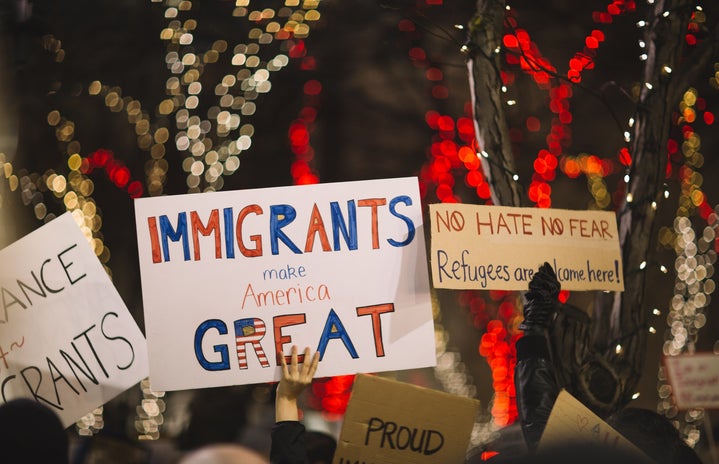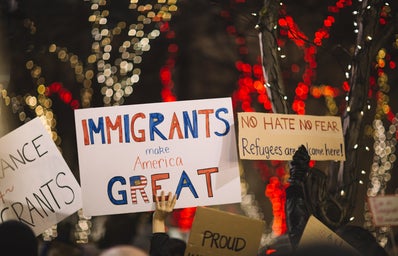This situation in Afghanistan has captivated the United States’s government, media and society for the past two decades. However, in August of 2021 President Biden made the executive decision to pull out all remaining troops and remove all U.S. aid. Biden’s decision caused a multitude of feelings, especially in the U.S.
On September 11th, 2001 the United State’s relationship with Afghanistan quickly worsened when al-Qaeda attacked the World Trade Center and refused to hand over their leader, Osama bin Laden; this along with the decades long conflict led the U.S. to invade the state. This soon led to an endless “War on Terror” as the United States worked to support the Afghan government. Despite the U.S.’s best efforts, nearly 111,000 civilians were killed during the war and a total of $104.5 billion dollars were spent.
As the war dragged and no progress was made, President Biden made the decision to withdraw all support from Afghanistan. But after twenty years of support from the United States now gone, what is the state of the country? How are civilians coping during this time?
The Taliban is now the “de facto government of Afghanistan” according to Secretary of State Antony Blinken. Currently, the U.S. and United Nations are unsure if they will recognize the Taliban as the legitimate government of Afghanistan. Both the United States and Europe have urged the Taliban to be more inclusive regarding women and religious minorities.
Secretary of State, Blinken also states that they are also being judged on if the “Taliban prevent international terrorist groups from using Afghanistan as a base” and that US decisions will be “based not on what a Taliban-led government says, but what it does to live up to its commitments”. Currently, the US and their allies recognize that Afghanistan is in an economic crisis, as foreign aid and support from the I.M.F is ceasing. Thus, with the US pulling out of the Afghanistan, the country is facing levels of instability, in which the de facto government of the Taliban cannot control.
Before completely pulling out of Afghanistan the U.S. attempted to save as many civilians as possible. Over 125,000 Afghans were brought to safety via airlifting them out of the country. Still, the rest of the civilian population is facing a ruthless new regime.
With the rule of the Taliban, the conditions for women in Afghanistan have worsened. After the withdrawal of U.S. troops, women are no longer allowed to teach or attend Kubal University, as the Chancellor of the university is a member of the Taliban. BBC news has reported that the situation in Afghanistan has returned to when the terrorist group controlled the nation before 2001. Working women have been told to stay at home and all citizens are barred from the airport.
Over the past five years and especially throughout the height of Donald Trump’s Presidency, we saw a rise in Islamophobia and Xenophobia towards the Middle Eastern and Mexican folks. However, it is critical in our time now, to not group the Taliban and other terrorist organizations with Afghans. We as society must acknowledge how Afghans have fled from a war-torn country and turned to us for support, but most importantly for a home. We have to look at the situation that they are faced with and understand that despite the fact that they may be from a different place, speak a different language, or practice other religions and customs, they will always be our brothers and sisters.
The situation in Afghanistan is one that has altered thousands of lives in the past two decades. Now with President Biden’s withdrawal, we must do what we can for the refugees who have come to the states and for the civilians still at their home that no longer belongs to them.
As resource to help Afghan refugees in D.C., I have attached a link on how to help with the crisis. Please consider looking at some of these organizations to give support to those who have been displaced during the war.




